When it comes to content creation, video editing requires a laptop that delivers top performance, speed, and reliability. Apple’s MacBook Air vs MacBook Pro for video editing debate has long intrigued editors, YouTubers, and filmmakers. Both models offer premium quality, but their internal capabilities differ significantly depending on your workload.
In this guide, we’ll explore MacBook Air vs MacBook Pro for video editing in terms of power, performance, thermal efficiency, portability, and battery life. By the end, you’ll know which MacBook truly meets your editing needs.
Understanding the Key Differences – MacBook Air vs MacBook Pro for Video Editing
Before diving deeper, let’s understand the major hardware and design distinctions between the MacBook Air vs MacBook Pro for video editing.
Processor and GPU Performance
The MacBook Air (M2 or M3 chip) focuses on efficiency with a fanless design, while the MacBook Pro (M3 Pro or M3 Max) emphasizes performance. Consequently, for 4K or 8K video editing, the Pro’s extra GPU cores and higher sustained power make a big difference.
Thermal Management
Another major difference in M3 vs M3 Pro for video editing is cooling. The Pro’s active cooling system prevents thermal throttling, maintaining performance during long exports. In contrast, the Air may slow down under sustained workloads.
Display and Color Accuracy
For editors, display quality matters. The MacBook Pro offers a mini-LED Liquid Retina XDR display with 1600 nits of peak brightness perfect for HDR editing. The Air’s Retina display, although bright, doesn’t match that level of dynamic range or contrast.
Thus, when comparing M3 vs M3 Pro for video editing, display superiority goes to the Pro.
MacBook Air vs MacBook Pro for Video Editing – Performance in Real Projects
Performance is the heart of this comparison. Let’s see how each device handles real-world editing tasks.
1. Editing 1080p and 4K Videos – MacBook Air vs MacBook Pro for Video Editing
The MacBook Air with M2 or M3 handles 1080p video editing effortlessly. However, once you move to 4K resolution or apply multiple effects, the Air starts to lag slightly.
On the other hand, the MacBook Pro performs flawlessly even in complex Final Cut Pro or Adobe Premiere projects, thanks to higher GPU core counts and sustained performance.
2. Rendering and Export Speeds – MacBook Air vs MacBook Pro For Video Editing
When rendering large video files, the MacBook Pro outpaces the Air due to better cooling and faster clock speeds. Therefore, professionals handling tight deadlines or frequent exports should choose the Pro.
3. Multi-tasking Efficiency – MacBook Air vs MacBook Pro For Video Editing
If you often edit while running multiple applications such as After Effects, Photoshop, and Safari the MacBook Pro’s extra unified memory (up to 96GB on higher models) ensures smoother performance.
In short, while the MacBook Air vs MacBook Pro for video editing comparison shows both can edit efficiently, the Pro dominates heavy workloads.
Portability and Battery Life – A Balance in MacBook Air vs MacBook Pro for Video Editing
Portability
The MacBook Air weighs only around 1.2 kg, making it extremely portable ideal for editors on the go. Conversely, the MacBook Pro weighs slightly more, but its robust build supports high-performance workflows.
Battery Life
Surprisingly, the Air often lasts longer in light editing sessions due to its power-efficient chip. However, under heavy editing, both models show similar endurance. Therefore, theM3 vs M3 Pro for video editing battle for battery life depends on workload intensity.
Charging Speed
The MacBook Pro supports faster charging and higher-watt adapters, minimizing downtime during long projects.
Thus, if mobility matters more, go for the Air; if performance is your top concern, the Pro wins.
Software Optimization – How macOS Enhances Video Editing on Both Models
Apple’s macOS ecosystem ensures both laptops perform exceptionally well in creative tasks. When comparing M3 vs M3 Pro for video editing, the efficiency of macOS and apps like Final Cut Pro plays a major role.
- Final Cut Pro: Optimized for Apple Silicon, ensuring smooth playback even on the Air.
- Adobe Premiere Pro: Performs better on Pro due to advanced cooling and higher GPU performance.
- DaVinci Resolve: Handles color grading better on Pro models because of extra GPU cores.
Therefore, while the MacBook Air is powerful for entry-level creators, professionals seeking advanced editing should choose the Pro.
MacBook Air vs MacBook Pro for Video Editing – Storage and RAM Options
Video editing demands large storage and high memory capacity.
- MacBook Air: Offers up to 24GB unified memory and 2TB SSD storage.
- MacBook Pro: Goes up to 96GB unified memory and 8TB SSD.
Although both use fast SSDs, heavy editors will benefit from the Pro’s higher RAM and storage capacity. Consequently, storage flexibility is another area where the MacBook Air vs MacBook Pro for video editing comparison favors the Pro.
MacBook Air vs MacBook Pro for Video Editing – Heat, Noise & Longevity
Thermal management significantly impacts longevity and performance.
Heat Management
The MacBook Air is silent but gets warm during prolonged exports because it lacks a fan. Meanwhile, the MacBook Pro uses a dual-fan cooling system that maintains optimal temperatures even during hours of rendering.
Noise Levels
If you prefer silent operation, the Air wins because it’s completely fanless. The Pro’s fans are quiet but audible under stress.
Durability
Both are built with premium aluminum, but the Pro’s internal design ensures better heat dissipation, leading to a longer lifespan for demanding editors.
In conclusion, for long-term heavy use, the Pro offers more durability in the MacBook Air vs MacBook Pro for video editing comparison.
Price Comparison – Is the Pro Worth It for Video Editing?
Cost plays a vital role in deciding between M3 vs M3 Pro for video editing.
- MacBook Air (M3): Starting around $1,099
- MacBook Pro (M3 Pro): Starting around $1,999
If you’re a beginner, the Air delivers incredible value. But professionals editing in 4K or higher will appreciate the Pro’s advanced features and faster workflow.
Thus, while the Pro costs more, it saves time and enhances productivity a worthwhile investment for serious editors.
MacBook Air vs MacBook Pro for Video Editing – Who Should Buy Which?
Choose MacBook Air If:
- You’re an aspiring editor or content creator.
- You mainly edit short-form videos, vlogs, or social media content.
- Portability and battery life are top priorities.
Choose MacBook Pro If:
- You handle complex 4K or 8K projects.
- You use multiple creative applications simultaneously.
- You need a color-accurate HDR display and faster rendering.
Therefore, the choice between M3 vs M3 Pro for video creation depends on your project type and professional needs.
Real-World Use Case Comparison
Example 1 – Social Media Editor:
An influencer editing short Instagram Reels or TikTok clips can comfortably rely on the MacBook Air. Its lightweight form and long battery life are ideal for mobile editing.
Example 2 – Professional Video Editor:
A wedding videographer or YouTuber editing long, color-graded 4K videos will benefit from the MacBook Pro’s performance and thermal efficiency.
Thus, your editing intensity should determine your choice in the MacBook Air vs MacBook Pro for video creation comparison.
Future-Proofing and Longevity – MacBook Air vs MacBook Pro for Video Editing
When investing in a MacBook, you’re not just buying hardware you’re buying longevity. Both the Air and Pro receive long-term software support, but the Pro’s higher RAM ceiling and advanced chip make it more future-proof for evolving video standards.
Moreover, should you ever face hardware issues or performance drops, professional repair centers like Milaaj can help you maintain your device for years with expert diagnostics and genuine Apple-compatible parts.
Final Verdict – MacBook Air vs MacBook Pro for Video Editing
After evaluating every aspect, the MacBook Pro clearly stands out as the powerhouse for professional video editing. It delivers consistent performance, superior display quality, faster rendering speeds, and higher reliability.
However, the MacBook Air remains an excellent choice for students, travelers, and light editors who value portability and affordability.
Ultimately, when deciding between M3 vs M3 Pro for video creation, your editing intensity, budget, and workflow preferences should guide the choice.
Choosing the Right MacBook for Your Editing Journey
In conclusion, both the MacBook Air and MacBook Pro offer excellent editing capabilities, but they cater to different audiences. The Air shines in portability and battery life, while the Pro dominates in performance and thermal stability.
Whether you’re an aspiring content creator or a full-time video professional, understanding your project requirements is key to making the right choice.
With Apple’s advanced chips and consistent macOS optimization, both devices ensure you can edit efficiently wherever you go and if you ever need expert support, Milaaj Mobiles and Laptop Repair Al Barsha is always ready to assist.
Other Services:
- Need other laptop repairs? Check out Milaaj’s laptop repair services in Dubai.
- Overheating issues? Explore MacBook repair in Dubai for similar cooling solutions.
- Looking to upgrade? Learn about selling your used laptop in Dubai.
- Data loss concerns? Visit Milaaj’s data recovery services.
- For Apple users, check Apple trade-in options in Dubai.
📍 Visit Any Milaaj Branch in Dubai
🔹 Bur Dubai
Milaaj Mobile and Laptop Repair Dubai
📞 055 258 8477
🔗 Google Maps
🔹 Al Barsha
Milaaj Mobiles and Laptop Repair Al Barsha
📞 052 596 2846
🔗 Google Maps
🔹 Reef Mall (Salah Al Din)
Milaaj Service Center Reef Mall
📞 052 3405 814
📍 1st Floor, Shop 16, Deira
🔗 Google Maps
🔹 Al Nuaimiya
Milaaj Mobiles and Laptops Ajman
📞 055 788 9654
🔗 Google Maps
Shop Locations: Al Barsha | Bur Dubai | Reef Mall, Salah Al Din | Al Nuaimiya, Ajman
Email: support@milaaj.com
Operating Hours: Monday – Sunday


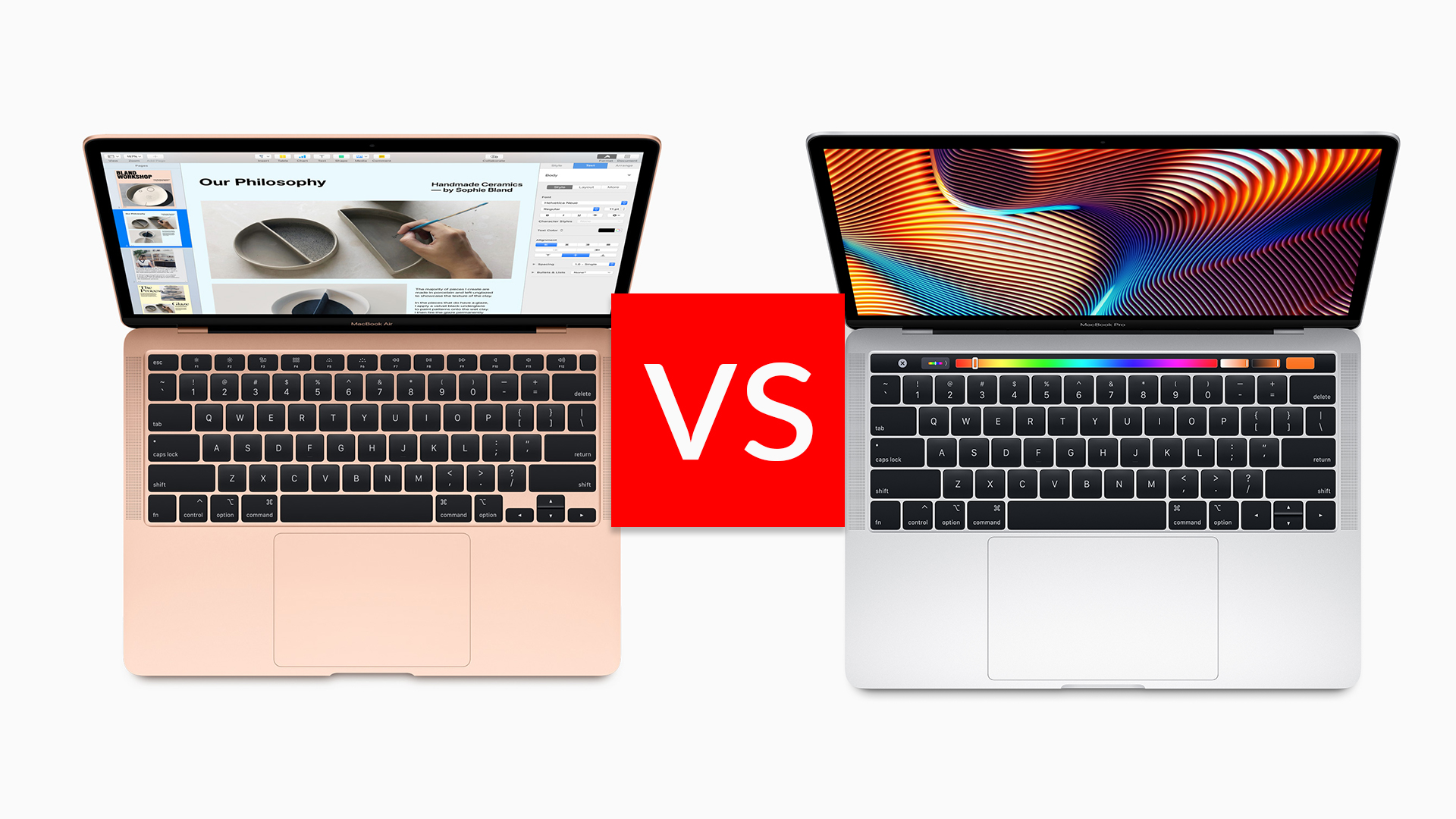
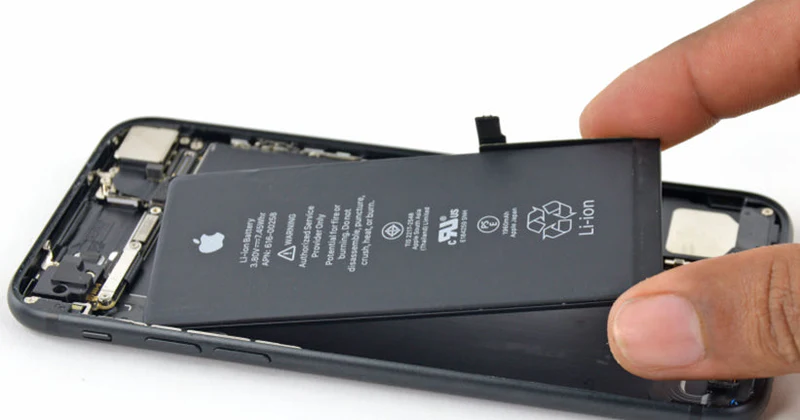
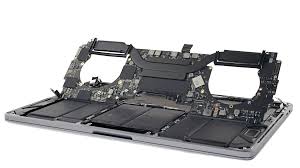
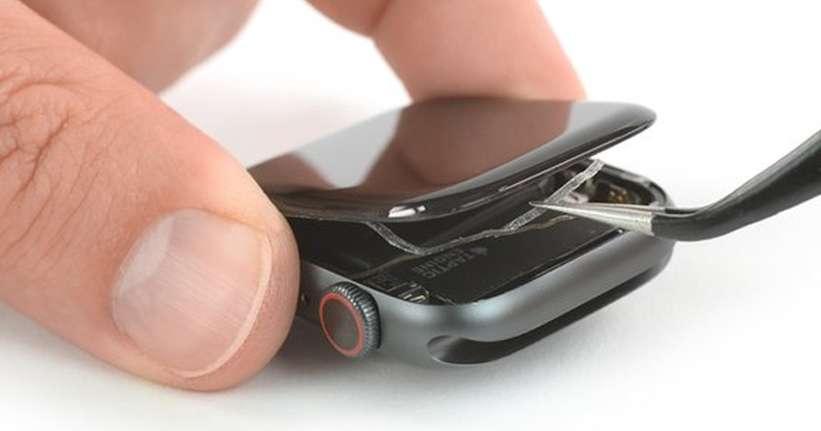
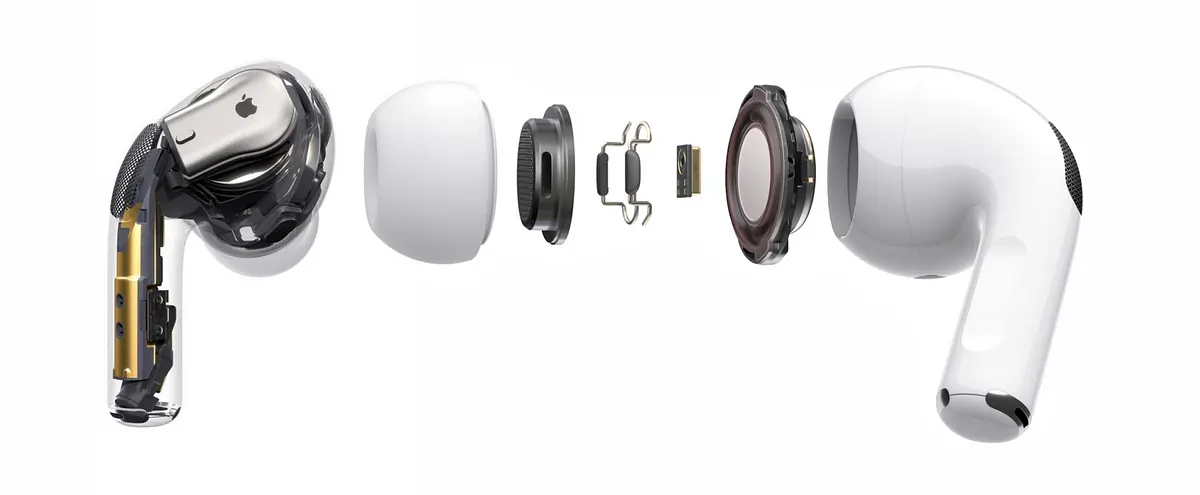
Leave a Reply